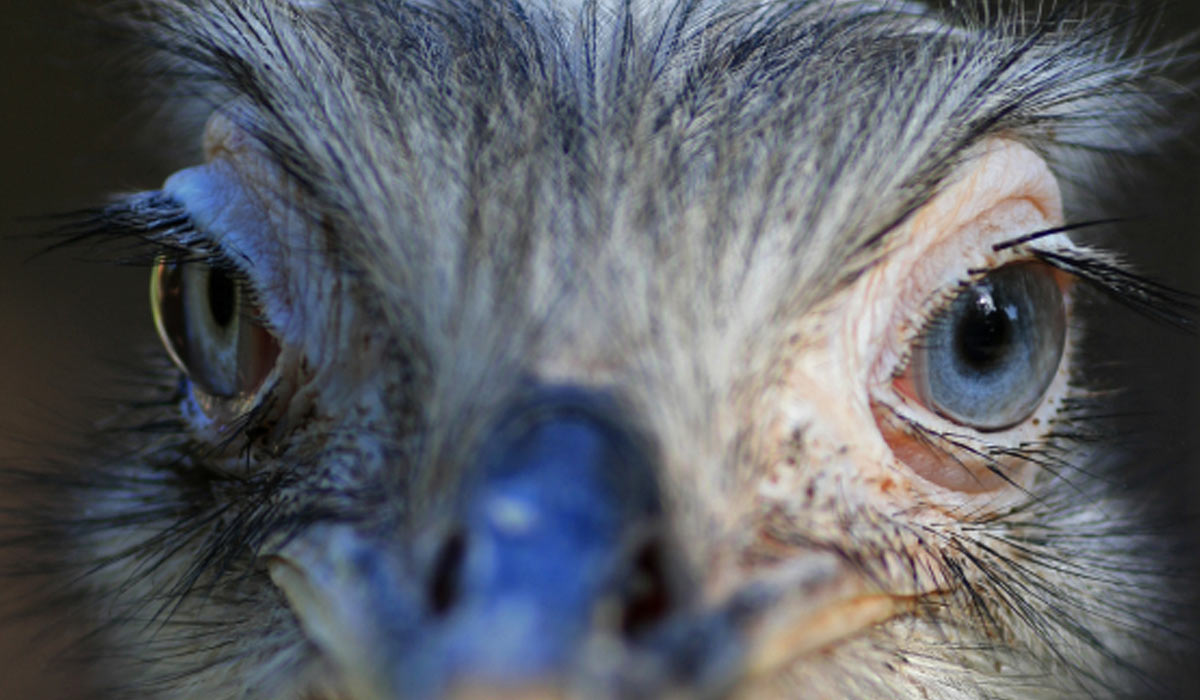
Google is no stranger to surprise announcements and algorithm changes, but this morning’s might be the most unexpected in the company's history.
That's because the so-called "Big Bird" algorithm adjustment could have massive implications for search traffic across the web, beginning in the next few hours.
That's certainly apt to please some types of businesses and web designers (namely, those who haven't done any search optimization at all), but could anger others – especially the large corporate advertisers who are seeing the biggest hits to their established search rankings.
As one unnamed source within Google told Wired Magazine this morning, "searchers already know the URLs for big brands, and looking through sites with dozens of categories, or hundreds of pages, is just plain confusing. We are finding that users are becoming bored with the same kinds of searches, and search results, that they've always gotten… so, it was time to mix things up a bit and give the little guy a chance."
The same source shared a few of the high-level Big Bird algorithm changes:
In what they are calling the "Twitter effect,", Google researchers have noticed that searchers won't read more than a few characters in any page, and won't click more than one link before becoming frustrated and returning to whatever social media site they were already using. As a result, search engines will only index the top two layers of a website. "Nothing else really matters," the anonymous source said, "because no one bothers to read more than that, anyway."
Because a high number of searches involve using licensed brand names as keywords, the same websites tend to appear repeatedly within the search listings. Big Bird is designed to fix the problem, by treating brand names as stop words that will be ignored. "This should give searchers opportunities to find new information, and try new things. For instance, they may have never considered an unknown brand of cola from Albania. Now they'll get that chance."
Last year, Google gave those with poor inbound links the opportunity to "disavow" them with a new tool that took away penalties. Now, small businesses and others can spread the blame around with a similar "tattle tale" option that lets them report any number of infractions, like content that seems like it could have been copied from an unpublished idea, other domains that seem to have too much relevant content, and marketing offers that are "too strong for customers to resist."
If you suspect that Big Bird may affect your search engine positioning in the near future, you should contact a member of our team today. We've devoted a new division specifically tasked with removing the navigation structure from the larger established websites, scraping content from other websites, and cultivating relationships between local small businesses and online casinos for Internet marketing purposes.
It really is a new day in search marketing this April 1, and the Kayak team wants to help you make the most of it.